![]()
![]() On Saturday, April 14, the filing of certificates of candidacy (COC) for the May 2018 barangay and Sangguniang Kabataan (SK) elections started.
On Saturday, April 14, the filing of certificates of candidacy (COC) for the May 2018 barangay and Sangguniang Kabataan (SK) elections started.
The last barangay election was held on October 28, 2013. Following the regular 3-year cycle, the next one was supposed to have been held on October 31, 2016. It would have been the first during President Rodrigo Duterte’s term of office.
However, on October 15, 2016 – or barely 15 days before the scheduled October 31, 2016, elections – Duterte signed Republic Act 10923, postponing the polls to October 23, 2017. Then, on October 5, 2017 – two weeks before the elections, he signed Republic Act 10923, moving for the second time the barangay elections to May 14, 2018. (TIMELINE: Efforts to postpone barangay, SK elections)
As for the SK elections, the last one was held on October 25, 2010. The next one was supposed to have been held on October 28, 2013, but it was postponed by Republic Act 10632 to a date “to be determined by the Comelec between October 28, 2014, and February 23, 2015,” to give Congress time to study and reform the existing SK law.
As no reform law came out of Congress by the deadline set, Republic Act 10656 was passed on March 25, 2015, further postponing the SK elections to “the last Monday of October 2016,”synchronizing it with the barangay elections.
The new and improved version of the SK law, however, did not come until January 15, 2016, with the passage of Republic Act 10742 or the “Sangguniang Kabataan (SK) Reform Act of 2015.” Now synchronized with the barangay Elections, the SK election was also affected by the two barangay election postponements and was ultimately moved to May 14, 2018.
Reforms introduced
While the coming May 14 elections will be conducted pretty much the same as the past as far as the barangays are concerned, it will be the first time for the SK elections to be held under the significant changes introduced by the SK Reform Act.
First, the SK Reform Act introduced an unusual electoral scheme in the country. It has been an electoral tradition in the country that the right to vote comes with the right to run for public office. Under thos SK law, however, while all citizens between 15 to 30 years of age can vote in the youth elections, only those between 18 and 24 years can run for and hold SK positions.
Legislators reasoned that those 15 years of age but under 18 are still minors under the law, and thus ineligible to enter into contracts. Usually, signing of contracts have to be done through the barangay captains – a setup that is claimed to often lead to collusion and corrupt practices. But how about those over 24 but up to 30 years? No explanation has been given, except probably that they are too old to represent the interest of the youth, which leads to the question: why include them in the Katipunan ng Kabataan and make them vote in the first place?
Second, in the SK Reform Act, Congress for the first time has adopted an enabling legislation for the policy of prohibiting political dynasties under the 1987 Constitution. While Article II, Section 26, of the Constitution adopts the state policy of guaranteeing equal access to opportunities for public service and prohibiting political dynasties, the provision is not self-executory; it requires an enabling law for it to take effect.
Seeking to prevent and disrupt political dynasties at the barangay or village level, Section 10 of the SK Reform Act sets as one of the qualifications for an official of the Sangguniang Kabataan that he or she “must not be related within the second civil degree of consanguinity or affinity to any incumbent elected national official or to any incumbent elected regional, provincial, city, municipal, or barangay official, in the locality where he or she seeks to be elected.”
The prohibition bars the relatives of the incumbent of elected national and local officials up to the “second civil degree of consanguinity or affinity” from becoming an official of the Sangguniang Kabataan.
This covers the spouse of the incumbent barangay captain and members of the sangguniang barangay if they are still within the 18-24 age bracket, their “first degree relatives” (like their children), and “second degree relatives” (like their grandchildren or their siblings).
The same rule extends to the relatives by affinity or by marriage of the incumbent. Following and applying the civil service rules on relationships, the husband shares no degree of relationship but treated as one with the wife and vice versa. This prohibition therefore extends to the relatives of the incumbent’s spouse within the second civil degree.
However, it excludes and does not cover “third degree relatives” by consanguinity or affinity of the incumbent or his or her spouse, like their aunt or uncle, or their “fourth degree relatives,” like their cousins.
By putting this qualification, it aims to level the playing field by barring relatives of incumbent officials who directly or indirectly benefits from or can readily take advantage of the barangay’s resources, vehicles and properties, in addition to the influence or goodwill of the incumbent.
Weak points
While the law is celebrated as a milestone, being the first and so far the only legislation to contain an anti-political dynasty provision 31 years since the ratification of the Constitution, how does it play out in real life? Is the approach taken by Congress really an effective means of preventing political dynasties among SK officials?
One of the apparent weak points of the anti-dynasty provision of the SK Reform Act is that the prohibition is contingent with the fact of incumbency or only applies to relatives of elected government officials who are “currently holding office.” When that elected government official resigns, say before filing of the certificate of candidacy, then by all legal intents and purposes, he ceases to be an incumbent and thus takes him out of the coverage of the anti-political dynasty provision. This means that a 3-term barangay captain who is about to “graduate” can conveniently resign a few months before the end of his term so his son or close relative can run for SK chairman.
How I wish our legislators added that clause in Section 43 of the Local Government Code to the effect that voluntary renunciation of the office for any length of time shall not affect the barring effect of the provision. As currently worded in the SK law, however, it appears that this scheme – resigning near the end of one's term – can be done to circumvent the dynasty prohibition.
To the contrary, it is equally persuasive to argue that what cannot be done directly cannot be done indirectly. Quando aliquid prohibetur ex directo, prohibetur et per obliquum. In other words, when it is a clear case of circumvention, the spirit of the anti-political dynasty provision could be stretched and be made to apply.
Personally, I learn toward the first interpretation, as I believe that any doubt in the law should be resolved in favor of the fuller and unhindered exercise of the right to vote and run for public office. Ultimately, however, it will be the Comelec which will decide whether to approach this problem liberally or strictly, and overall set the tone of its implementation.
The requirement of incumbency will also make it possible for a former 3-term barangay captain returning from a one-term break to concurrently run with his children, grandchildren or his relatives as SK officials, he being not an “incumbent.”
Another strange question thrown to me is whether an incumbent barangay captain can make his son run in the neighboring barangay. Strange scenario, but this would also appear to be possible. The law provides that an SK candidate “must not be related to any incumbent elected … barangay official, in the locality where he or she seeks to be elected.”Thus, if Juan is an incumbent barangay captain in Barangay A and his son, Pedro, runs in Barangay B, technically Pedro has no relative who is an incumbent elected barangay official in Barangay B and can seek an SK post.
It is a different scenario, however, in the case of sitting city or municipal mayors and vice mayors, whose children or relatives cannot run in any barangay within the city or municipality where they serve. But the same child can run in other cities or municipalities. The same prohibition applies to the relatives of provincial governors, vice governors, members of the sangguniang panlalawigan cities and municipalities, and the elective regional officials of the Autonomous Region in Muslim Mindanao.
This anti-political dynasty provision also unqualifiedly applies to the relatives within the second degree of all incumbent elected national officials, like the president, vice president, senators, and congressmen, absolutely barring them from running for an SK position in any barangay in the country. This means that the granddaughter of President Duterte, Isabelle Duterte, who recently turned 18 and would have been eligible to run for SK, is barred from running for being a second degree relative of the President. The same prohibition would apply to the eligible daughters of Vice President Leni Robredo.
Not a ground for disqualification
The public, however, must understand that despite the prohibition, Comelec cannot police and check every candidate who files a certificate of candidacy for an SK position. Not only because of the sheer number of it, but Comelec does not have motu propio powers to deny giving due course to or cancel a certificate of candidacy of those candidates violating the anti-dynasty provision under the SK Reform Act. A proper petition needs to be filed to trigger an inquiry.
Lawyers must also be reminded that this anti-political dynasty provision is, technically speaking, a matter of a qualification – a negative qualification to be exact – and not a ground for disqualification. One of the first things I have learned in practicing election law is that the absence of qualification is not tantamount to or equivalent to a disqualification.
A petition for disqualification is limited to the grounds listed in sections 12 and 68 of the Omnibus Election Code and Section 40 of the Local Government Code. In other words, these two are different in terms of form, required content, and effects, and thus, must not be confused with each other. Breach of this anti-dynasty provision may rather be pursued either before elections through a petition to deny due course under Section 78 of the Omnibus Election Code on the ground of material misrepresentation, or after election through a petition for quo warranto.
In the end, while we can all agree that the law as crafted is not perfect and has exploitable loopholes, we have to understand that having it in the first place, even in its diluted form, is already next to miraculous. At this point, we can only hope that these “baby steps” would become strides toward giving full effect to that anti-political dynasty provision in the Constitution which the whole country has been hoping for the longest time. – Rappler.com
Emil Marañon III is an election lawyer who served as chief of staff of former Comelec Chairman Sixto Brillantes Jr. He graduated from the SOAS, University of London, where he studied Human Rights, Conflict and Justice as a Chevening scholar.
![]()
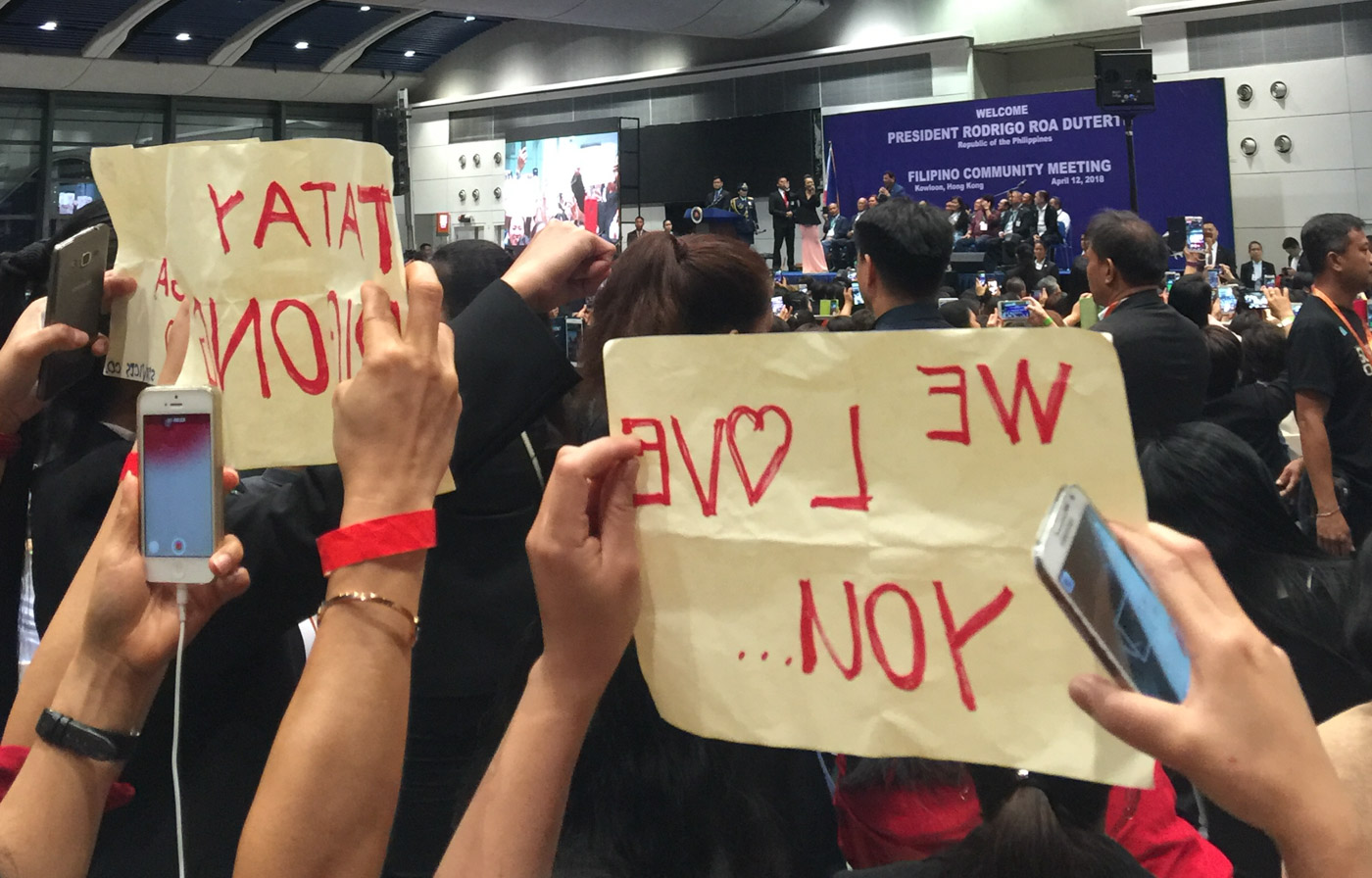
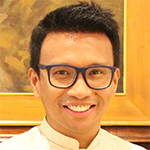
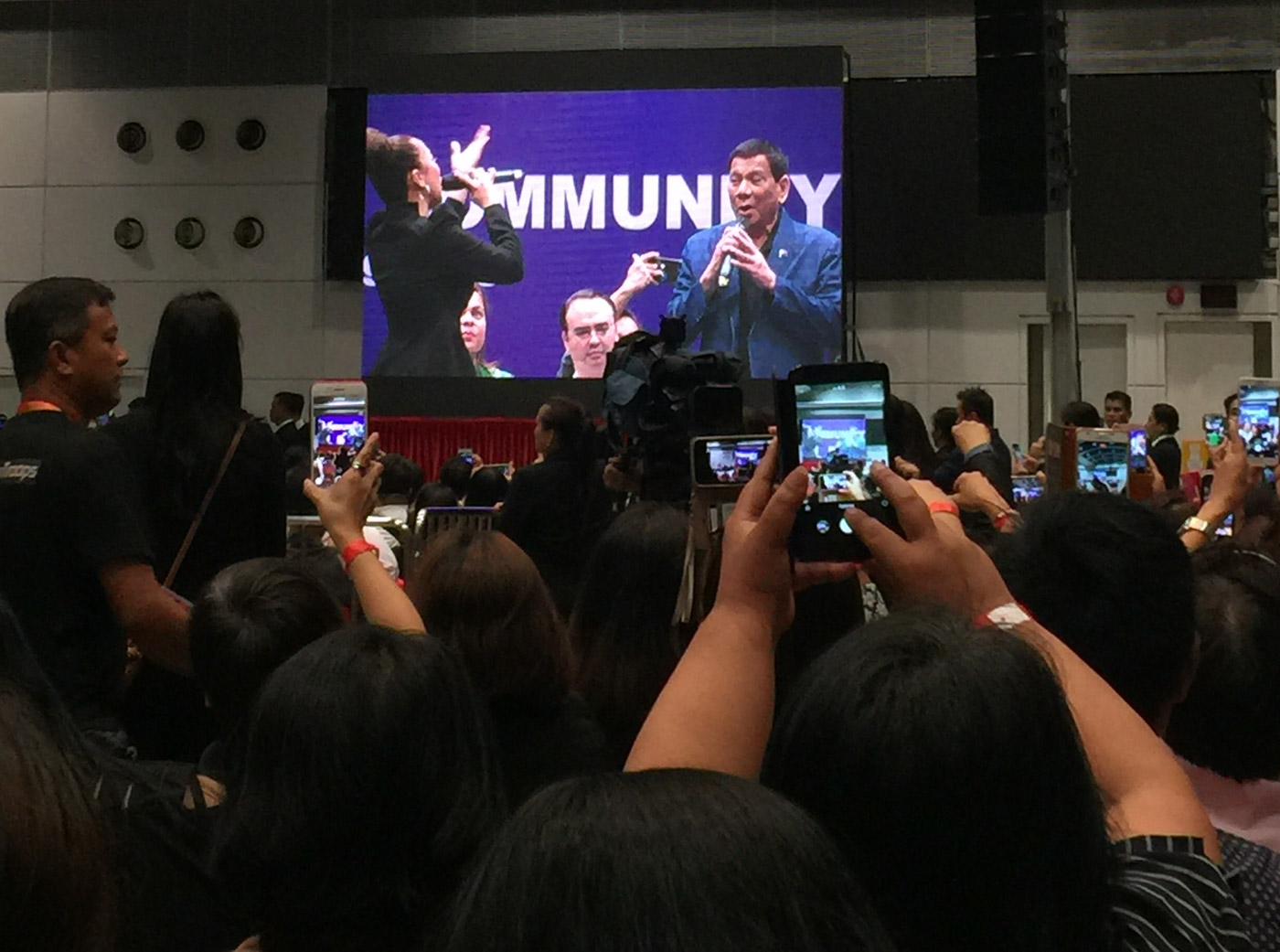
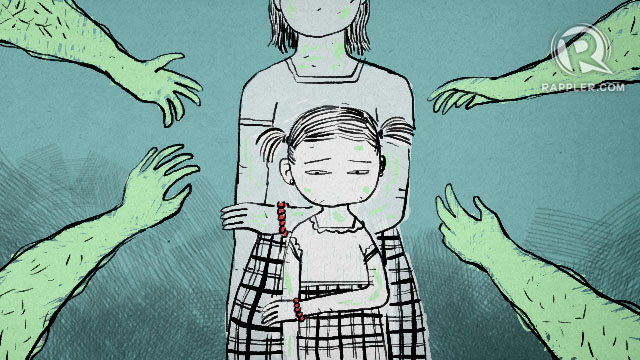

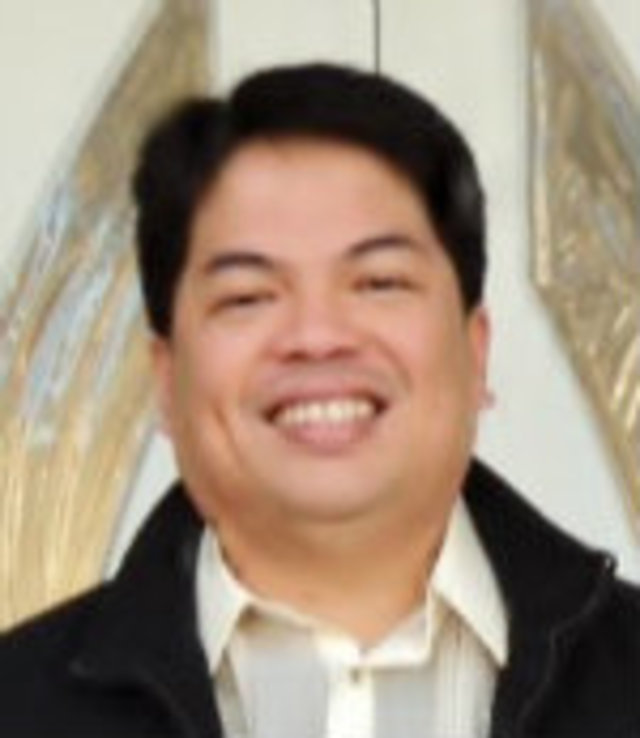

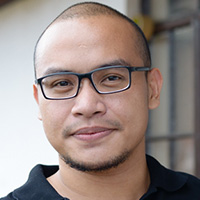 On Saturday, April 14, the filing of certificates of candidacy (COC) for the May 2018 barangay and Sangguniang Kabataan (SK) elections started.
On Saturday, April 14, the filing of certificates of candidacy (COC) for the May 2018 barangay and Sangguniang Kabataan (SK) elections started.
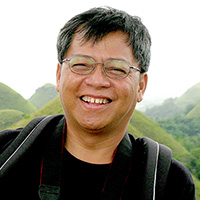 When asked what these two presidents – Rudy Duterte and Don Trump – have in common, pundits and political scientists immediately say that it is their populist streak. After all, both supposedly won by tapping on an intense wave of anti-elitism among their constituents and by grandstanding as the voice of the people at a time when they were increasingly marginalized and silenced.
When asked what these two presidents – Rudy Duterte and Don Trump – have in common, pundits and political scientists immediately say that it is their populist streak. After all, both supposedly won by tapping on an intense wave of anti-elitism among their constituents and by grandstanding as the voice of the people at a time when they were increasingly marginalized and silenced.


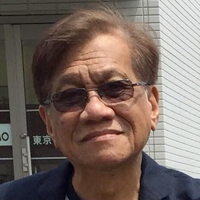
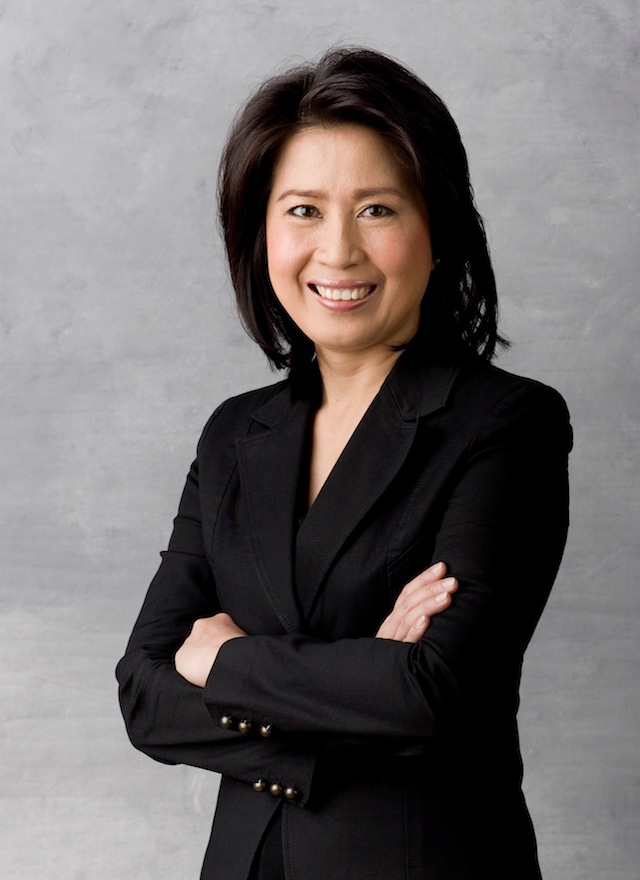
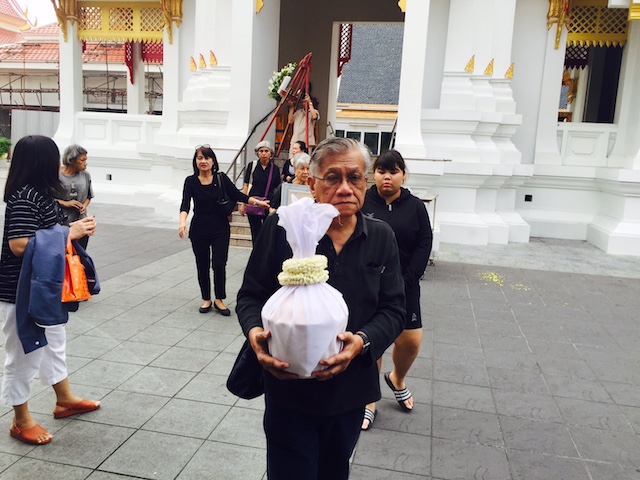

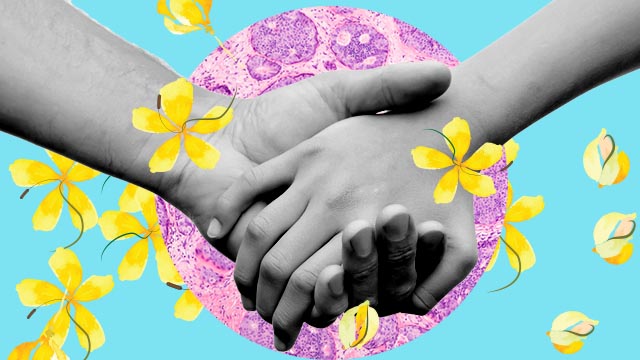


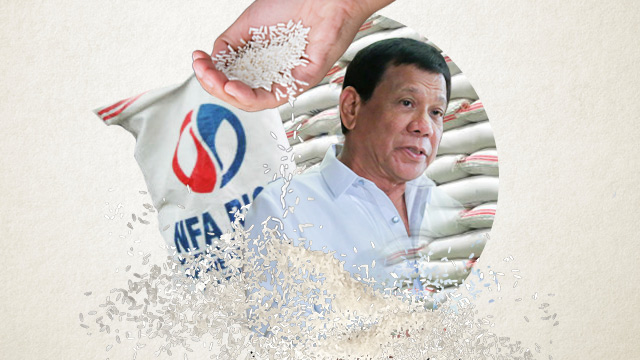
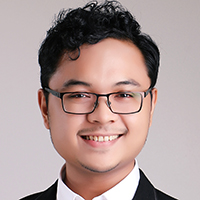
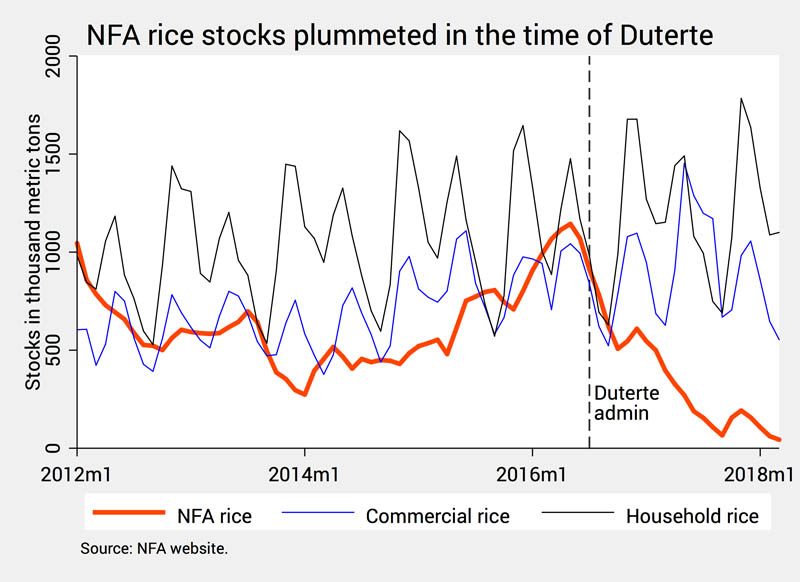
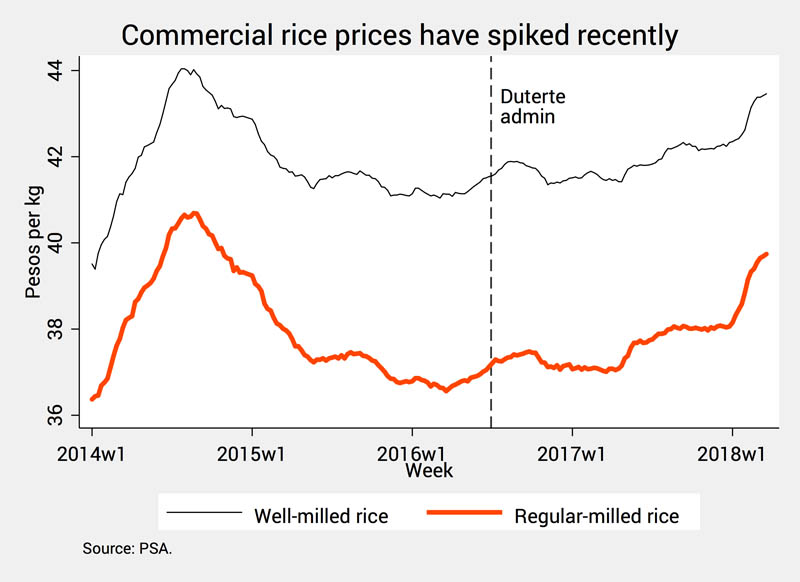
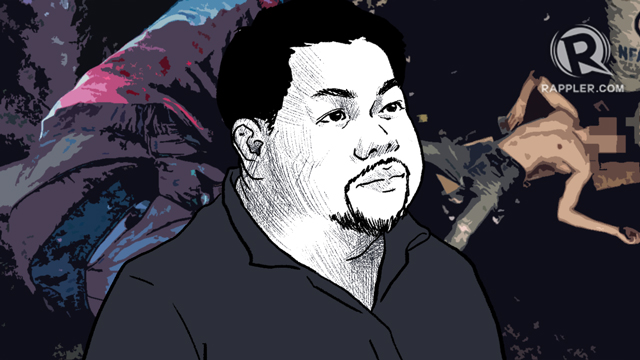
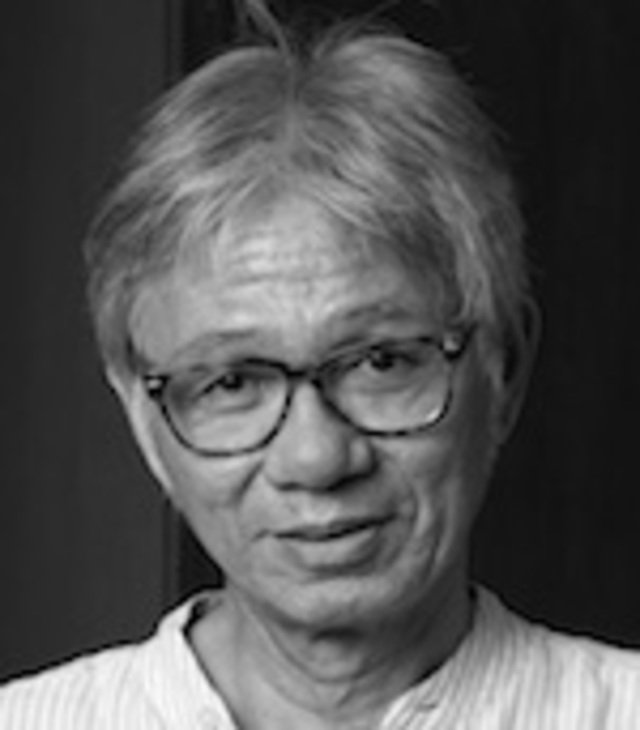





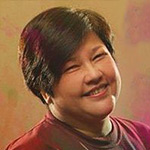

 My friend, Emilio*, recently opened up to me about being in a polyamorous relationship.
My friend, Emilio*, recently opened up to me about being in a polyamorous relationship.